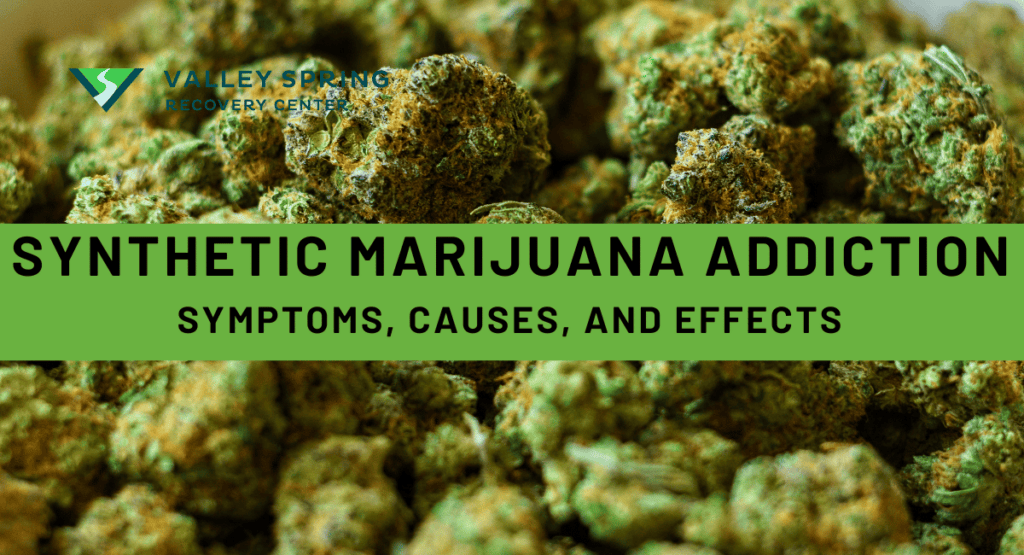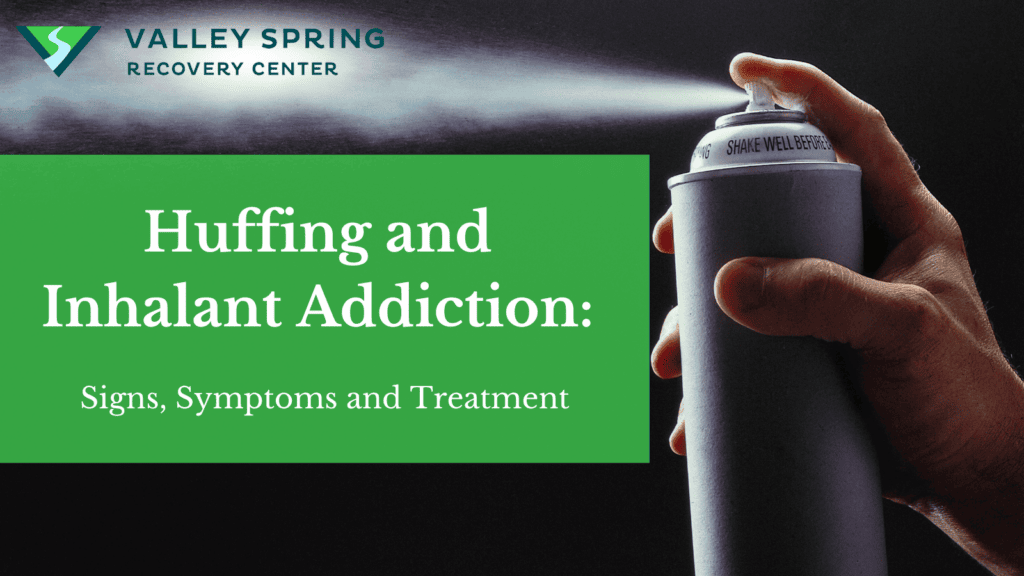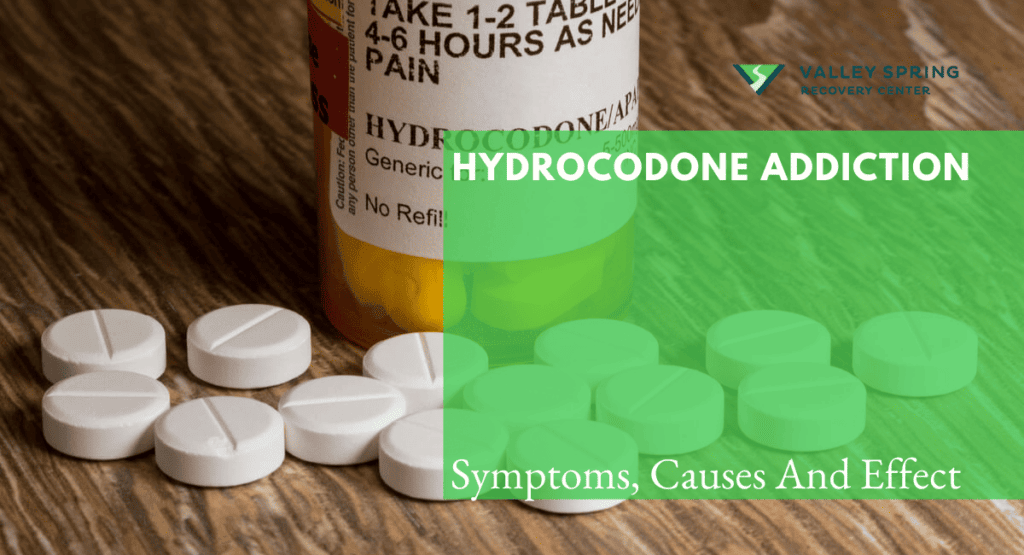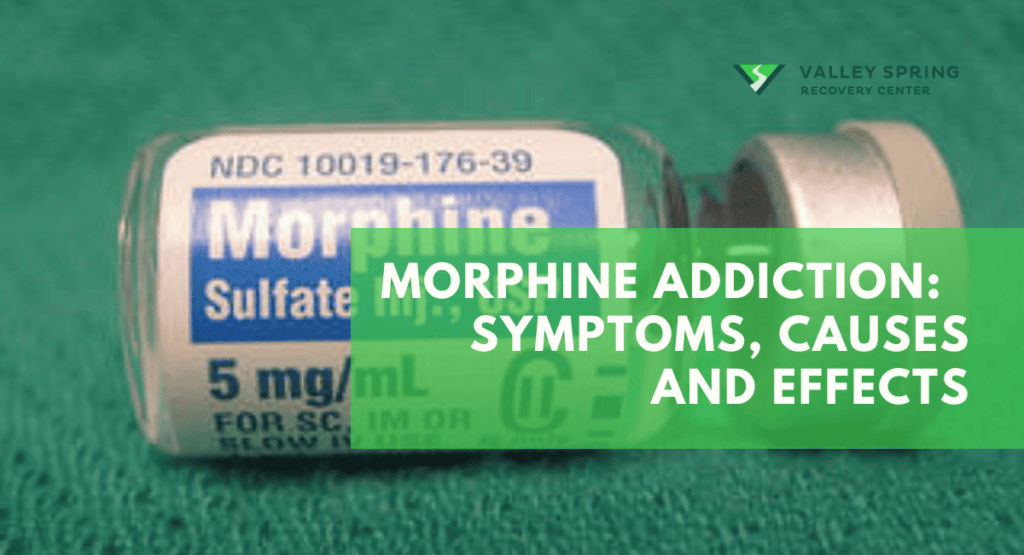Synthetic Marijuana addiction is a compulsive and uncontrollable urge to use the drug, despite its detrimental consequences. Its unpredictable composition and varying potency make it dangerous and psychologically addictive.
Symptoms of synthetic Marijuana addiction include increased tolerance, withdrawal symptoms, bloodshot eyes, rapid heartbeat, respiratory distress, cravings, mood swings, anxiety, paranoia, and impaired cognitive function. Social and occupational consequences are also common indicators.
The causes of synthetic Marijuana addiction are a complex interplay of biological, psychological, and environmental factors. The potent synthetic compounds in the drug impact the brain’s reward system. Peer pressure, curiosity, genetics, co-occurring mental health disorders, and substance abuse history contribute to its development.
The effects of synthetic Marijuana addiction take a toll on physical health, causing respiratory issues, heart problems, seizures, and overdose. Mental health suffers from increased rates of anxiety, depression, psychosis, and cognitive impairment. Socially, relationships deteriorate, legal troubles arise, finances become unstable, and overall quality of life declines.
By understanding the symptoms, causes, and effects of synthetic Marijuana addiction, we can raise awareness, promote prevention, and provide effective treatment strategies to help those affected break free from this synthetic trap.
What Is Synthetic Marijuana?
Addiction to synthetic marijuana represents an unyielding and involuntary drive to consume the substance, even when faced with harmful repercussions. The erratic makeup and inconsistent strength of the drug amplify its risks and at times may exhacerbate pre-existing mental health conditions.
Synthetic Marijuana, commonly known as Spice, K2 and Delta-8 refers to a group of chemically engineered substances designed to mimic the effects of natural marijuana (cannabis). Unlike natural cannabis, which is derived from the Cannabis plant, synthetic Marijuana is created by spraying synthetic chemicals onto plant material, which can then be smoked or vaporized.
These synthetic compounds bind to the same receptors in the brain as the active component in natural marijuana, THC (tetrahydrocannabinol), leading to similar but often more unpredictable and potent effects.
Synthetic Marijuana is frequently marketed as a legal or safe alternative to natural cannabis, but it poses significant health risks due to its variable composition and the potential for severe adverse reactions, including hallucinations, seizures, and even death.
How can you recognize synthetic Marijuana dependency?
The signs and symptoms of synthetic Marijuana addiction can vary from person to person, but they often include:
- Cravings: A strong, persistent desire to use synthetic Marijuana regularly.
- Tolerance: Needing more of the substance to achieve the desired effect, which can lead to increased consumption.
- Withdrawal Symptoms: Experiencing physical and psychological symptoms when attempting to quit or reduce use. These symptoms may include anxiety, irritability, nausea, sweating, and insomnia.
- Loss of Control: Inability to cut down or control the use of synthetic Marijuana, even when it’s causing negative consequences in one’s life.
- Neglecting Responsibilities: Prioritizing drug use over important obligations at work, school, or home.
- Social and Interpersonal Problems: Strained relationships with family, friends, and colleagues due to drug use.
- Health Issues: Experiencing physical and mental health problems as a result of synthetic Marijuana use, such as heart palpitations, paranoia, hallucinations, and memory problems.
- Continued Use Despite Consequences: Using synthetic Marijuana even when it leads to legal issues, financial problems, or deteriorating physical and mental health.
- Isolation: Withdrawing from social activities and hobbies that were once enjoyed in favor of drug use.
- Failed Attempts to Quit: Unsuccessful efforts to quit or cut down on synthetic Marijuana use.
What factors contribute to addiction to synthetic Marijuana?
The causes of synthetic Marijuana addiction are listed below:
- Chemical Composition: The unpredictable and frequently changing chemical composition of synthetic Marijuana can make it more addictive. Different batches may contain various synthetic cannabinoids, some of which may be more potent or addictive than others.
- Accessibility: The availability and ease of obtaining synthetic Marijuana, often sold as a legal or accessible alternative to natural cannabis, can contribute to addiction. Its accessibility may lead some individuals to experiment and subsequently become addicted.
- Peer Pressure: Social influences and peer pressure can play a significant role in the initiation of synthetic Marijuana use and its progression to addiction.
- Genetics: Genetic factors may predispose some individuals to be more vulnerable to addiction, as they can influence how the brain responds to the effects of synthetic Marijuana.
- Psychological Factors: Underlying mental health issues, such as depression, anxiety, or trauma, can increase the risk of addiction. Some individuals may use synthetic Marijuana as a way to self-medicate their emotional or psychological distress.
- Environmental Factors: Stressful or unstable environments, including exposure to drug use within the family or community, can contribute to the development of addiction.
- Neurobiological Changes: Prolonged use of synthetic Marijuana can lead to changes in the brain’s reward and pleasure centers, making it increasingly difficult for individuals to quit using the substance.
- Lack of Education: Insufficient awareness and education about the risks associated with synthetic Marijuana may lead to experimentation and addiction among individuals who underestimate its dangers.
What are the effects of synthetic Marijuana addiction?
Synthetic Marijuana addiction can have a wide range of devastating effects on individuals and their lives. These effects can be physical, psychological, and social. Some of the common consequences of synthetic Marijuana addiction include:
- Physical Health Effects:
- Cardiovascular issues, such as increased heart rate and elevated blood pressure.
- Respiratory problems, including coughing, chest pain, and lung issues.
- Gastrointestinal problems, like nausea and vomiting.
- Headaches and migraines.
- Seizures and tremors.
- Potential overdose, which can be life-threatening.
- Psychological Effects:
- Anxiety and panic attacks.
- Paranoia and hallucinations.
- Mood swings and emotional instability.
- Impaired memory and cognitive function.
- Increased risk of mental health disorders, such as depression and psychosis.
- Social and Interpersonal Effects:
- Strained relationships with family and friends.
- Neglect of work, school, or other responsibilities.
- Legal issues due to possession or use of synthetic Marijuana.
- Financial difficulties arise from the cost of acquiring the drug.
- Isolation: Individuals addicted to synthetic Marijuana may withdraw from social activities and isolate themselves from loved ones.
- Dangerous Behaviors: Some people under the influence of synthetic Marijuana may engage in risky behaviors, such as driving under the influence or participating in criminal activities.
- Health Consequences: Long-term addiction can lead to serious health problems, including organ damage and a weakened immune system.
- Withdrawal Symptoms: When attempting to quit or reduce synthetic Marijuana use, individuals may experience withdrawal symptoms like anxiety, irritability, and insomnia, making it challenging to break the addiction cycle.
- Tolerance and Increased Use: As tolerance develops, individuals may consume larger amounts of synthetic Marijuana, increasing the risk of overdose and adverse effects.
How Does Synthetic Marijuana Affect The Brain?
Synthetic Marijuana, also known as Spice, K2, and Delta 8 exerts its effects on the brain by binding to cannabinoid receptors, similar to natural marijuana. This interaction disrupts the balance of neurotransmitters, leading to altered cognitive function, impaired memory, and changes in mood.
Unlike natural marijuana, synthetic cannabinoids often provoke intense and unpredictable psychological responses, including anxiety, paranoia, hallucinations, and delusions, sometimes with greater severity. Additionally, the physical consequences of synthetic Marijuana use can encompass rapid heart rate, elevated blood pressure, nausea, and even the risk of seizures.
Prolonged use of these synthetic compounds can lead to addiction, with users developing tolerance and experiencing withdrawal symptoms when trying to quit. Furthermore, there is a concerning link between synthetic Marijuana use and the development of psychiatric disorders, particularly in individuals with a predisposition to mental health issues.
The variability in chemical composition among synthetic Marijuana products renders them especially hazardous, as users may unknowingly ingest highly potent substances, increasing the risk of overdose and life-threatening consequences.
When did synthetic Marijuana become popular?
Synthetic Marijuana was not “discovered” in the traditional sense but rather created through synthetic chemistry. It emerged in the early 2000s as a result of scientific research into the endocannabinoid system and the desire to develop compounds that could interact with cannabinoid receptors in the human brain.
- Synthetic Cannabinoids Development: In the pursuit of developing medications that could target cannabinoid receptors for therapeutic purposes, scientists began synthesizing various chemical compounds designed to mimic the effects of THC. These synthetic compounds were created in laboratories and not found in nature.
- Unintended Use: Some of these synthetic compounds, initially created for research purposes, found their way into the illicit drug market. Manufacturers of synthetic Marijuana products began spraying these synthetic cannabinoids onto plant material, creating a product that could be smoked or vaporized.
- Marketing as Legal and Safe Alternatives: Synthetic Marijuana products were marketed as legal and safe alternatives to natural cannabis, often labeled as “herbal smoking blends” or “legal highs.” They were sold in convenience stores, online, and in head shops.
- Popularity and Legal Response: Synthetic Marijuana gained popularity due to its accessibility and perception of being legal. However, it also led to numerous health emergencies and adverse reactions, prompting many countries and states to ban or regulate these substances.
- Chemical Variability: One significant challenge with synthetic Marijuana is its constantly changing chemical composition. As authorities banned specific synthetic cannabinoids, manufacturers would tweak the chemical structure to create new, legal versions, making it difficult to regulate.
- Research into Cannabinoids: An NCBI study highlighted the endocannabinoid system, which plays a role in regulating various physiological processes in the body. This research aimed to better understand the effects of cannabinoids, such as THC, found in natural marijuana.
Overall, the creation and proliferation of synthetic Marijuana were driven by a combination of scientific research, the pursuit of novel psychoactive substances, and market demand for legal alternatives to natural cannabis. However, its unpredictable effects and risks have led to widespread concern and regulatory efforts to control its availability.
How do people use synthetic Marijuana?
People use synthetic Marijuana, often known as Spice, K2, and Delta 8 in various ways, but the most common method is smoking or vaporizing. Here’s how people typically use synthetic Marijuana:
- Smoking: Synthetic Marijuana is often sold in the form of dried plant material that has been sprayed or soaked with synthetic cannabinoids. Users roll this material into cigarettes (joints) or use pipes or water pipes (bongs) to smoke it. Some may also mix it with natural cannabis.
- Vaporizing: Some individuals use electronic vaporizers or e-cigarettes to heat synthetic Marijuana liquids or extracts, producing a vapor that can be inhaled. This method is seen as a less harmful alternative to smoking because it doesn’t involve combustion.
- Consuming Edibles: While less common than smoking or vaporizing, synthetic Marijuana can also be added to food products or beverages, creating synthetic cannabinoid-infused edibles. However, this method is riskier because it’s challenging to control the dose, and the effects can be delayed, leading to overdose.
- Dabbing: In some cases, synthetic Marijuana concentrates in a waxy or oily form may be used in a method called “dabbing.” This involves vaporizing the concentrated substance and inhaling the vapor.
The chemical composition of synthetic Marijuana can change rapidly, making it difficult for users to predict the effects accurately. This unpredictability is one of the reasons why synthetic Marijuana is associated with a higher risk of adverse reactions and health emergencies compared to natural cannabis. Due to these risks, the use of synthetic Marijuana is discouraged, and it is often illegal in many places.
What Is The Difference Between Synthetic Marijuana and Natural Marijuana?
Synthetic Marijuana and natural Marijuana (cannabis) differ significantly in several key ways:
1. Chemical Composition:
- Synthetic Marijuana: Synthetic Marijuana consists of man-made chemical compounds known as synthetic cannabinoids. These compounds are designed to mimic the effects of the natural cannabinoids found in cannabis, like THC (tetrahydrocannabinol), but they are often much more potent and unpredictable in their effects. The chemical composition of synthetic Marijuana can vary widely from one product to another.
- Natural Marijuana: Natural Marijuana contains a variety of cannabinoids, with THC being the primary psychoactive compound. The chemical composition of natural cannabis is relatively consistent within the same strain or variety.
2. Source:
- Synthetic Marijuana: It is entirely synthetic and created in laboratories. It does not come from the Cannabis plant.
- Natural Marijuana: It is derived from the Cannabis plant, specifically from the dried flowers, leaves, and stems of the plant.
3. Legality:
- Synthetic Marijuana: The legality of synthetic Marijuana varies by region and is often subject to rapid changes in response to health concerns. Many countries and states have banned various synthetic cannabinoids, but manufacturers frequently alter the chemical structure to create new versions that are not yet regulated.
- Natural Marijuana: The legality of natural Marijuana varies widely around the world. Some places have legalized it for medical or recreational use, while others maintain strict prohibitions.
4. Effects and Risks:
- Synthetic Marijuana: Synthetic cannabinoids in these products can produce unpredictable and severe effects, including hallucinations, seizures, and psychotic episodes. They are associated with a higher risk of adverse reactions, overdose, and health emergencies.
- Natural Marijuana: The effects of natural cannabis are better understood and tend to be milder and more predictable. However, they can still include impairment of coordination, altered perception, and mood changes. It is less likely to lead to severe adverse effects compared to synthetic Marijuana.
5. Safety:
- Synthetic Marijuana: Synthetic Marijuana is considered riskier due to its unpredictable chemical composition and association with adverse health effects. It is not regulated for safety or quality control.
- Natural Marijuana: In places where it is legal, natural cannabis undergoes regulatory oversight for quality and safety, which includes testing for contaminants.
While synthetic Marijuana and natural Marijuana interact with the endocannabinoid system in the body, they differ significantly in their chemical composition, source, legality, effects, and safety. Synthetic Marijuana poses unique and often more severe risks to users, making it a particularly concerning substance.
Contact Valley Spring Recovery To Get Help Today.
What are the Treatment Options for Synthetic Marijuana Addiction?
The treatment options for addiction to synthetic Marijuana are mostly related to outpatient counseling to address mental health issues as well as behavioral and emotional needs. Synthetic Marijuana does not have severe physical withdrawal symptoms so physical detox and residential treatment are usually not necessary. Here are common treatment approaches for problematic synthetic marijuana addiction:
- Outpatient Rehabilitation: Unlike inpatient treatment, outpatient programs offer treatment while allowing individuals to live at home. They attend scheduled therapy sessions and counseling, making it a more flexible option for those with less severe addiction or other commitments.
- Behavioral Therapy: Various therapeutic approaches, such as cognitive-behavioral therapy (CBT), motivational enhancement therapy (MET), and contingency management, are effective in treating addiction. These therapies help individuals understand the reasons for their addiction, develop coping strategies, and change their behavior.
- Individual Counseling: One-on-one counseling sessions with a trained therapist can help address personal issues and motivations behind addiction.
- Group Therapy: Group therapy sessions provide a supportive environment where individuals can share their experiences and learn from others facing similar challenges.
- Family Therapy: Addiction affects not only the individual but also their loved ones. Family therapy helps repair relationships and provides education and support to family members.
- Holistic Therapies: Complementary therapies such as art therapy, yoga, and mindfulness techniques can be integrated into treatment to address the physical, emotional, and spiritual aspects of recovery.
- Aftercare and Support: Continuing care and support are crucial for long-term recovery. This may include participation in 12-step programs, sober living arrangements, or ongoing counseling.
- Dual Diagnosis Treatment: For individuals with co-occurring mental health disorders (dual diagnosis), treatment should address both the addiction and the underlying mental health issues.
What withdrawal challenges are associated with synthetic Marijuana addiction?
Withdrawal from synthetic Marijuana addiction can be challenging and uncomfortable and involve psychological factors like anxiety. Synthetic marijuana addiction is not associated with severe physical withdrawal symptoms that require detox, instead, most of the symptoms are psychological and involve resisting the urge to continue using which may create anxiety, irritability and other downstream effects like insomnia. These withdrawal symptoms can vary in intensity depending on the individual’s level of use and how long they have been addicted. Common withdrawal challenges associated with synthetic Marijuana addiction include:
- Anxiety: Many individuals experience heightened anxiety during withdrawal, which can manifest as restlessness, nervousness, and a sense of unease.
- Irritability: Irritability and mood swings are common during withdrawal, making it challenging to regulate emotions and interact with others.
- Insomnia: Difficulty falling asleep or staying asleep is a common withdrawal symptom, which can contribute to fatigue and exacerbate other symptoms.
- Headaches: Withdrawal from synthetic Marijuana can lead to headaches and migraines.
- Changes in Appetite: Some individuals may experience changes in appetite, such as reduced or increased hunger.
- Cravings: Intense cravings for synthetic Marijuana are common during withdrawal and can be a significant challenge for individuals trying to quit.
- Depression and Mood Disorders: Some individuals may experience symptoms of depression, including low mood, sadness, and feelings of hopelessness.
- Difficulty Concentrating: Impaired cognitive function and difficulty concentrating can make it challenging to focus on tasks or make decisions.
- Fatigue: Many people experience fatigue and low energy levels during withdrawal.
The duration of synthetic Marijuana detox can vary significantly from person to person and depends on several factors, including the individual’s:
- Frequency and Duration of Use: Those who use synthetic Marijuana heavily or for an extended period may experience more prolonged and intense withdrawal symptoms.
- Metabolism and Physiology: Individual factors, such as metabolism and overall health, can influence how quickly the body processes and eliminates synthetic cannabinoids.
- Specific Synthetic Cannabinoid Used: Different synthetic cannabinoids may have varying half-lives and withdrawal timelines. Some may leave the body more quickly, while others may linger longer.
- Dosage: The dosage and potency of synthetic Marijuana products used can impact the severity and duration of withdrawal symptoms.
- Overall Health: An individual’s physical and mental health can affect how their body copes with detoxification.
Typically, withdrawal symptoms from synthetic Marijuana can begin within a few hours to a day after the last use and may peak within the first week. However, some individuals may experience lingering symptoms for several weeks or even months. Common withdrawal symptoms from synthetic Marijuana can include anxiety, irritability, insomnia, and mood swings.
It’s essential to emphasize that detox is just the initial phase of recovery from addiction. While detoxification addresses the physical dependence on the substance, it does not address the underlying psychological and behavioral aspects of addiction. Comprehensive addiction treatment, which includes therapy and counseling, is essential to address these aspects and provide individuals with the tools and support needed for long-term recovery.
What is The Difference Between Synthetic Marijuana And Marijuana?
When it comes to the topic of marijuana, the conversation often extends to its synthetic counterpart—synthetic marijuana. Although both substances might be grouped under the broad umbrella of “cannabis-related products,” they are fundamentally different in composition, effects, and risks.
Marijuana is a plant-based substance derived from the Cannabis sativa plant. It contains a multitude of compounds, the most significant of which is tetrahydrocannabinol (THC). THC is responsible for the psychoactive effects commonly associated with marijuana use. The legality of marijuana varies by jurisdiction, with some regions allowing medical and even recreational use, while others impose strict prohibitions. The effects of marijuana can include relaxation, euphoria, and increased sensory perception. However, it may also lead to negative outcomes like impaired memory and coordination.
On the other hand, synthetic marijuana, also known as “Spice” or “K2,” is a chemically engineered substance designed to mimic THC’s effects. It is often sprayed onto plant material and smoked, similar to natural marijuana. The legality of synthetic marijuana is complicated. While specific formulations might be illegal, manufacturers frequently alter the chemical structure to sidestep regulations. The effects of synthetic marijuana can be unpredictable and dangerous, often leading to severe health risks like hallucinations, heart palpitations, and even death.
Marijuana is plant-based, while synthetic marijuana is chemically synthesized. Second, the compounds: marijuana contains a variety of natural compounds, whereas synthetic versions focus on replicating the effects of THC. This is similar to how LSD is made in a lab and mushrooms are grown naturally. Third, the safety profile: marijuana is generally considered less harmful than its synthetic counterpart. Fourth, the legality: the legal landscape for marijuana is more clearly defined, whereas synthetic marijuana operates in a gray area. Lastly, the effects: the effects of synthetic marijuana can be far more unpredictable and hazardous.
What Is The Difference between Delta-8 and Hashish?
Delta-8 THC and hashish are both derivatives of the cannabis plant, but they have distinct differences in their chemical composition, psychoactive effects, legality, and methods of consumption. Delta-8 THC is a cannabinoid that differs chemically from Delta-9 THC, the primary psychoactive component in cannabis. It is often derived from hemp and is generally considered to be less potent than Delta-9 THC. On the other hand, hashish is a concentrated form of cannabis made from the resin of the plant. It contains a mixture of cannabinoids, including higher concentrations of Delta-9 THC compared to regular cannabis flowers.
In terms of psychoactive effects, Delta-8 THC typically produces milder effects compared to Delta-9 THC. Users of Delta-8 often report feeling relaxed and clear-headed without experiencing the intense euphoria or anxiety that can accompany the use of Delta-9 THC. Hashish, due to its higher concentration of Delta-9 THC, can produce strong psychoactive effects, including intense euphoria, altered perception, and heightened sensory awareness.
The legality of the two substances also varies. In the United States, Delta-8 THC exists in a legal gray area. While it is often derived from hemp, which is legal under federal law, it is still considered a controlled substance by the Drug Enforcement Administration (DEA). Hashish, on the other hand, is generally illegal in many jurisdictions because it is a concentrated form of cannabis with high levels of Delta-9 THC.
As for methods of consumption, Delta-8 THC is commonly consumed in the form of edibles, tinctures, or vapes. Hashish is typically smoked or vaporized but can also be used to make edibles. Both substances should be used cautiously and in accordance with local laws and regulations. Consulting healthcare providers for personalized advice is also recommended, especially if you have pre-existing medical conditions or are taking other medications.
Sources
https://www.ncbi.nlm.nih.gov/pmc/articles/PMC5877694/
https://en.wikipedia.org/wiki/Synthetic_cannabinoids#:~:text=In%20the%20early%202000s%2C%20synthetic,cannabinoids%20were%20not%20technically%20illegal.
Dr. Michael Olla
All author postsShare This Post










